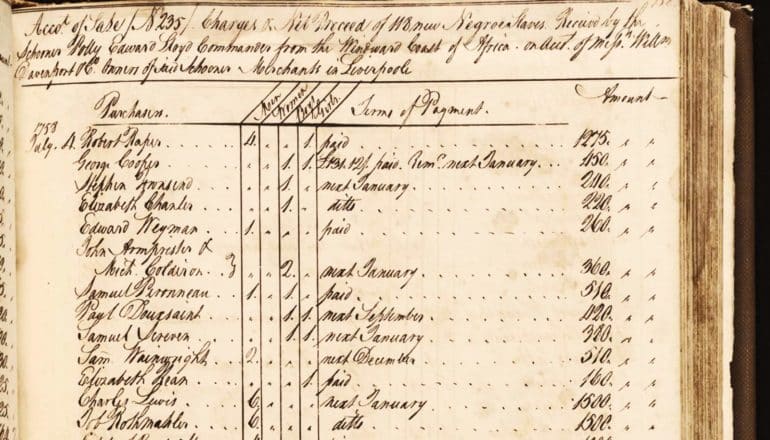
A new book goes back to the 17th century to explore the emergence of both racial slavery and capitalism in American history.
Nearly half of American adults say that it is “very important” for people to educate themselves about the history of racial inequality in the United States, according to a survey by the Pew Research Center last fall. However, the poll revealed a notable division among racial groups, with just over 40% of Asian and White Americans holding this view—compared to just over 50% of Latino/Latinx Americans and 78% of Black Americans.
While recent award-winning works, such as the New York Times’ 1619 Project and Isabel Wilkerson’s Caste: The Origins of Our Discontents, have rigorously recontextualized racial inequality and slavery to illuminate their centrality to American history, large numbers of Americans don’t see learning about these troubling patterns as vital—even though doing so could help us better understand, and therefore address, contemporary challenges.
“The economic system still depends on a profound racial hierarchy,” explains historian Jennifer L. Morgan, chair of New York University’s department of social and cultural analysis. “It still depends on the degradation of Black labor and still depends on and develops tools to segregate and disenfranchise Black people and other working people.”
In her newly released book, Reckoning with Slavery: Gender, Kinship, and Capitalism in the Early Black Atlantic (Duke University Press, 2021), Morgan considers the start of racial slavery and capitalism in America—a crucial moment in world history because, she says, “I think we very much are living in its legacy today.”
Here, Morgan speaks about her new research—including a crucial insight about how statistics helped slavery become “racialized:”
The post Book traces shared roots of capitalism and racial slavery appeared first on Futurity.
from Futurity https://ift.tt/3uG9iUf
No comments:
Post a Comment